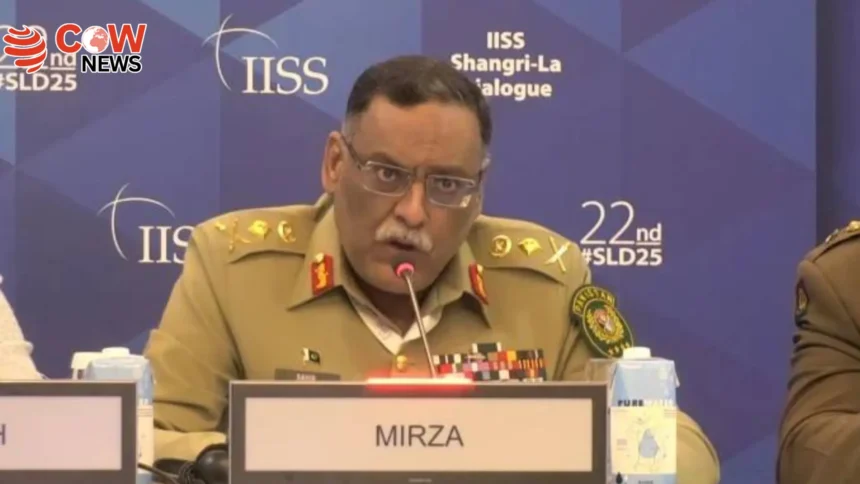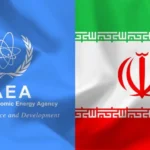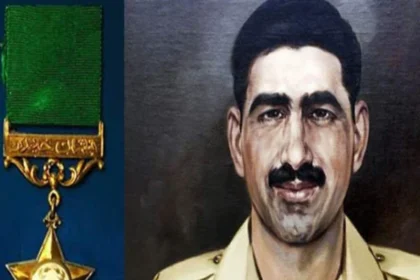SHANGRI-LA: The absence of an effective crisis management framework has hindered world powers from intervening promptly in the Pakistan-India conflict, said General Sahir Shamshad Mirza, Pakistan’s Chairman of the Joint Chiefs of Staff (CJCS), during his briefing at the 22nd Shangri-La Dialogue 2025 happening in Singapore.
He said that dialogue is essential for the security of South Asia, and that the resolution of the Kashmir issue in accordance with UN resolutions is the basis of peace in South Asia. “Conflict prevention is better than post-crisis efforts. There is a risk of nuclear conflict in the South Asian region,” he added.
He said that Asia Pacific has become the center of global power. “Pakistan wants a lasting peace with India based on dignity, equality and respect,” he said, adding that the real root of Pak-India tension is the Kashmir issue, the solution of which is inevitable.
He accentuated the need for activating the existing dialogue framework at the regional and international levels. “Pakistan wants a principles-based global system that is based on sovereignty and restraint,” General Mirza said, adding that the situation of the India Pakistan war after Pahalgam incident is endangering the development of the region.
General Mirza also spoke on India’s unilateral suspension of the Indus Water Treaty (IWT), saying, “using water as a weapon is a clear violation of international law”.
“An attempt to stop or divert water will be considered an act of war according to the National Security Committee,” he said, adding, “India violated the UN Charter by targeting civilians and places of worship.” The CJCS said that Pakistan has been continuously demanding the restoration of a formal dialogue system from India and the international community.
“No crisis can be effectively resolved without equality, trust and sensitivity,” General Sahir Shamshad Mirza said.







